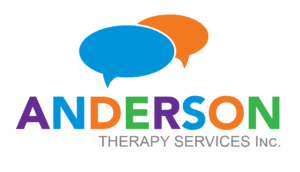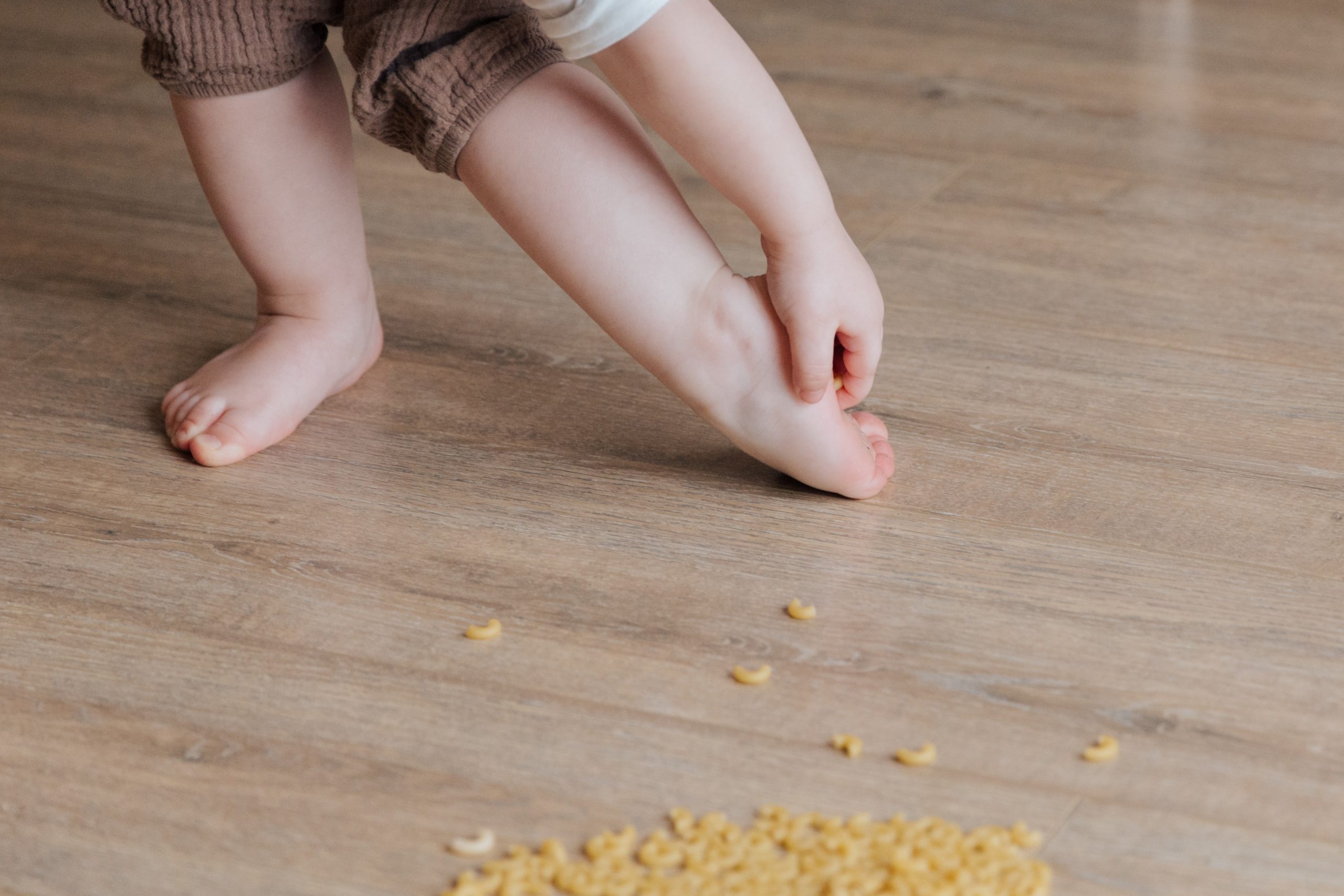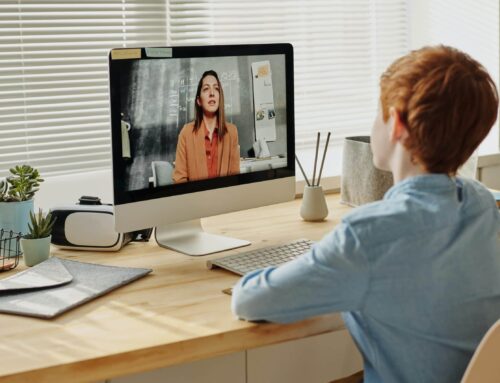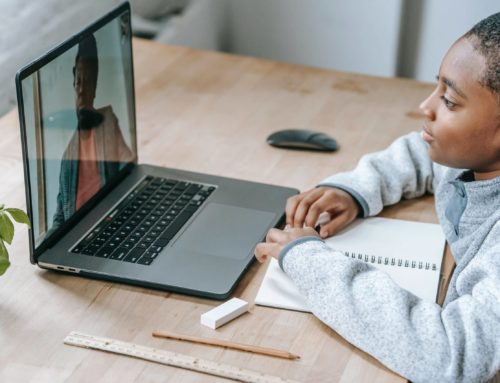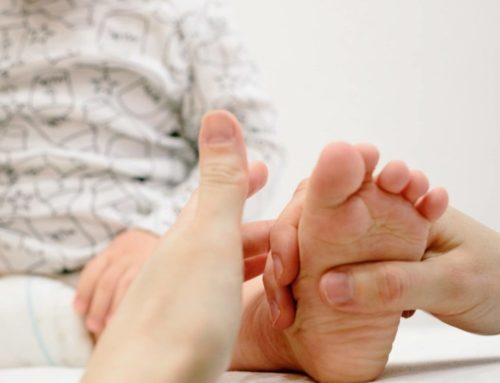What are gross motor skills?
In short words, motor skill is simply an action using your muscles.
Gross motor skills are larger movements your body makes involving your arms, legs and torso. It requires motor planning, which is the ability to plan out actions to perform a volitional task.
For young children, gross motor skills include sitting, creeping, crawling, standing, walking, running, hopping & jumping and as they get older, skills like catch -throw a ball, skipping or riding a bike etc.
It is important to know that every child develops at their own pace. Temporary delays should cause no worry!
BUT if your child is experiencing developmental delays that are ongoing and causing them to not meet certain developmental milestone checkpoints during their growth and development, then they could potentially face challenges down the road.
A child’s pediatrician/medical professional will help determine this.
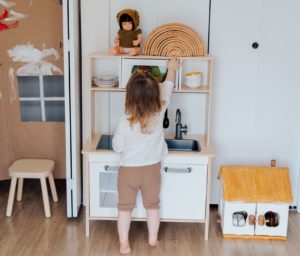
Signs of gross motor delays
Failing to achieve these skills is not a definite sign of a motor delay, however it could be a clue if it is accompanied by other signs as follows:
- Appearance of Floppy or loose trunk & limbs
- Stiff arms and legs
- Limited movement in the arms and legs
- Unable to sit up without support by nine months old
- Showcasing slouched back posture in resting positions & while moving
- Unable to crawl forward on the belly by using the arms to pull and push with the legs
- Holding onto to furniture to push up and stand
- Can transition from sitting to crawling but not without support &/or in an abrupt or unusual manner.
- Drink from a cup or eat from a spoon
- Unable/Showing resistance to bear weight on feet and stand up by around 1 year of age
- Seeking support or excessive fear to attempt walking, even though past 12-15months of age.
- Lack of control/ Jerky/Flail movements of Trunk, Arms or Limbs while attempting to perform any intentional movement.

How does physical therapy help children with gross motor delay?
If your child was diagnosed with a gross motor delay or you suspect he or she may have one, you likely have a lot of questions.
We explain gross motor delays and discuss how physical therapy (PT) can help your child learn the necessary skills to gain more functional independence.
They may need a little guidance being in par with their developmental age then, consider starting physical therapy (PT) as early as possible. (Early detection=Early Intervention)
Children with Gross motor delay struggle to master physical movements.
- Gross motor delays may be an issue if your child hasn’t reached certain physical milestones compared to children his/her age.
- A pediatrician and physical therapist can perform an evaluation that evaluates your child in comparison to his/her peers.
- Physical therapy sessions can involve working on reaction time, quality of movement, muscle tone regulation stretching exercises, strengthening activities, ball play skills, balance skills, gait training, posture, improving restricted range of movement, coordination skills, functional skills etc.
- You can be taught exercises to perform in your home environment on a secure virtual platform & receive one on one care at the centre as well.
Getting help from a physical therapist
Physical therapy sessions for gross motor delays may include, but are not limited to:
- Stretching exercises for muscle that are tight, hence improving range of motion (ROM) of joints.
- Engaging exercises that are fun in the form of play to help strengthen muscles.
- Gait training to help improve balance and walking
- Improve Coordination based on child’s individual needs & age group; keeping functional goals to achieve as a baseline.
- Shoe inserts/orthotics prescriptions that help align the feet and ankles (to enable functional movements like walking and playing; efficiently with lesser aches, better alignment, thereby enhancing quality of movement)
- Home programs
- Virtual programs
- School programs (if affiliated with the centre)
Interesting in receiving further personalized support? Pediatric physiotherapy can help with the child’s overall health, wellness, and may improve their abilities to participate in tasks that they previously were not able to. Here at Anderson Therapy, our physiotherapy team will work with every child, no matter the severity. For more information, contact us at info@andersontherapy.ca or (289) 238-8598.
